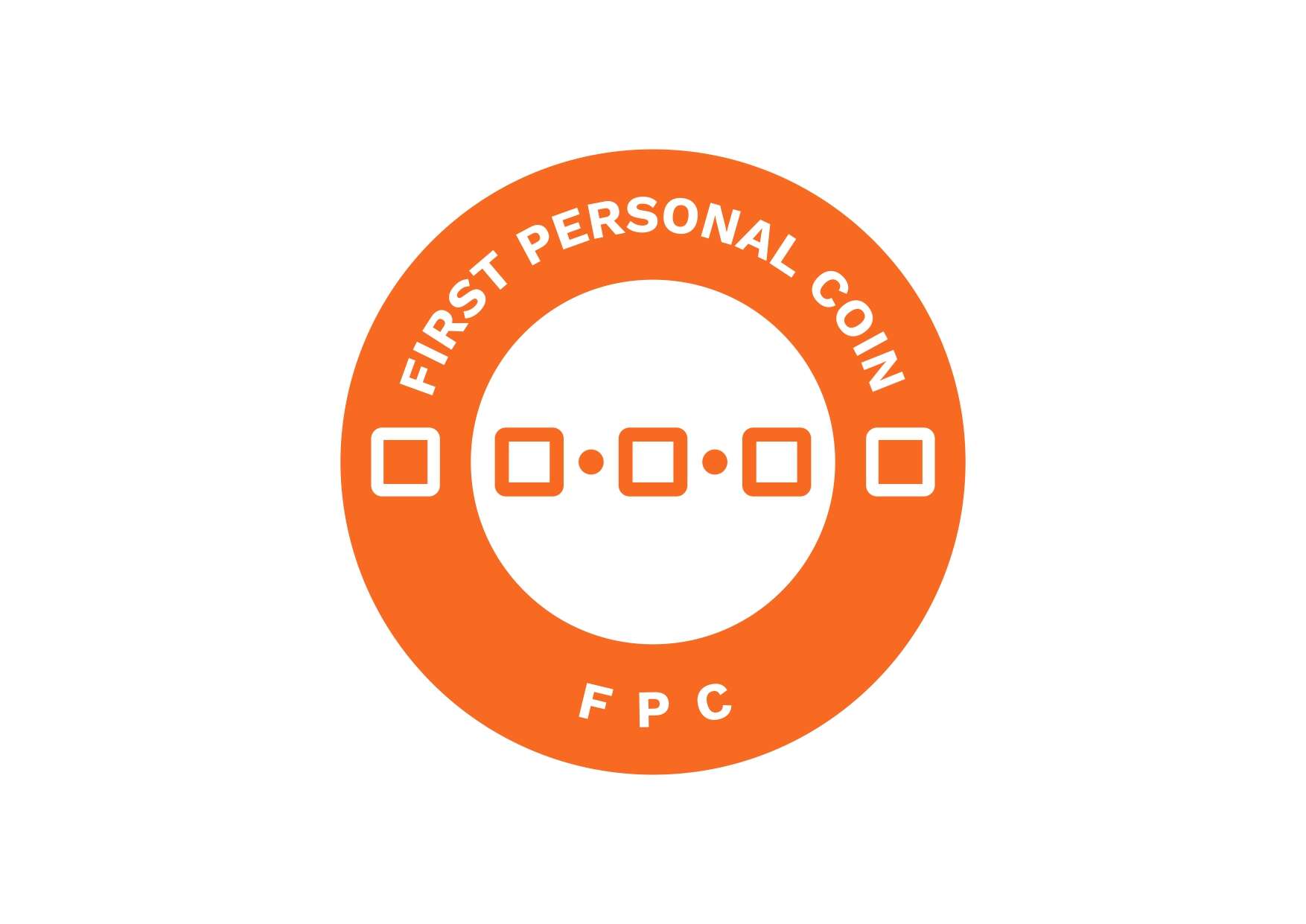Worldcoin: too ambitious?
A new currency with the ambitious name Worldcoin is born, a currency as the name says "available to the whole world".
This is not the first attempt, as the previous ones were unlucky, so much so that immediately the minds of the most knowledgeable will remember Facebook's attempt to launch Libra, a project that was gradually scaled down and has now disappeared, also thanks to the major changes at Facebook (today Meta).
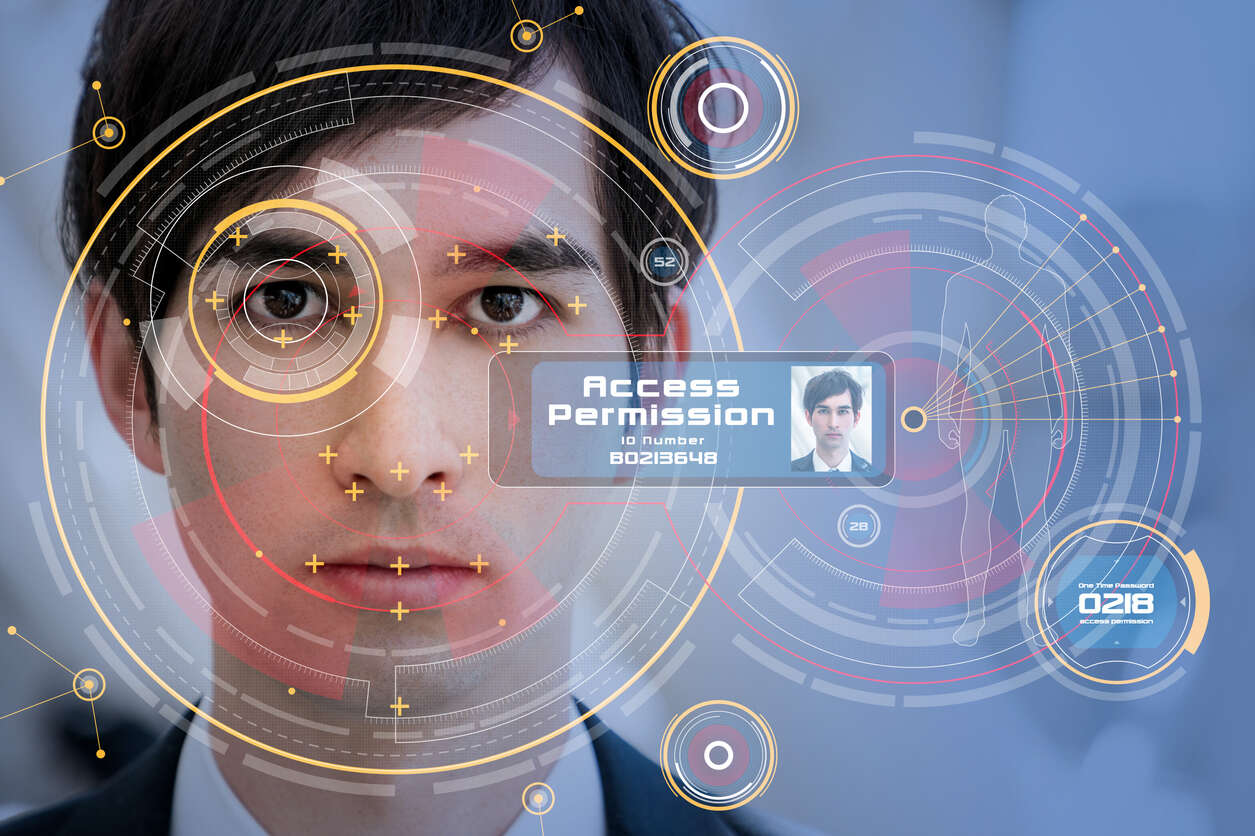
Worldcoin's ambitions are more than one, on the one side, to give a currency and a wallet to the billions of people who do not have access to banking services to date, and on the other, to give them access to technology, certifying their identity and excluding bots and various artifices.
A single solution for both problems seems almost impossible; despite the $100 million in capital raised and the authority of the promoters, CEO Alex Blania, with a solid track record behind him, can count on Sam Altman, the principal founder of Open AI (the company that launched the project) and Max Novendstern, a serial entrepreneur with a solid financial and research background.
However, the project is not limited to practical application, but also aims to give something back to the social classes that have been impoverished by the advent of artificial intelligence.
The founders present a project that ranges from technology to finance, to land on new social models.
But what do they actually want to do?
Three things, or maybe four.
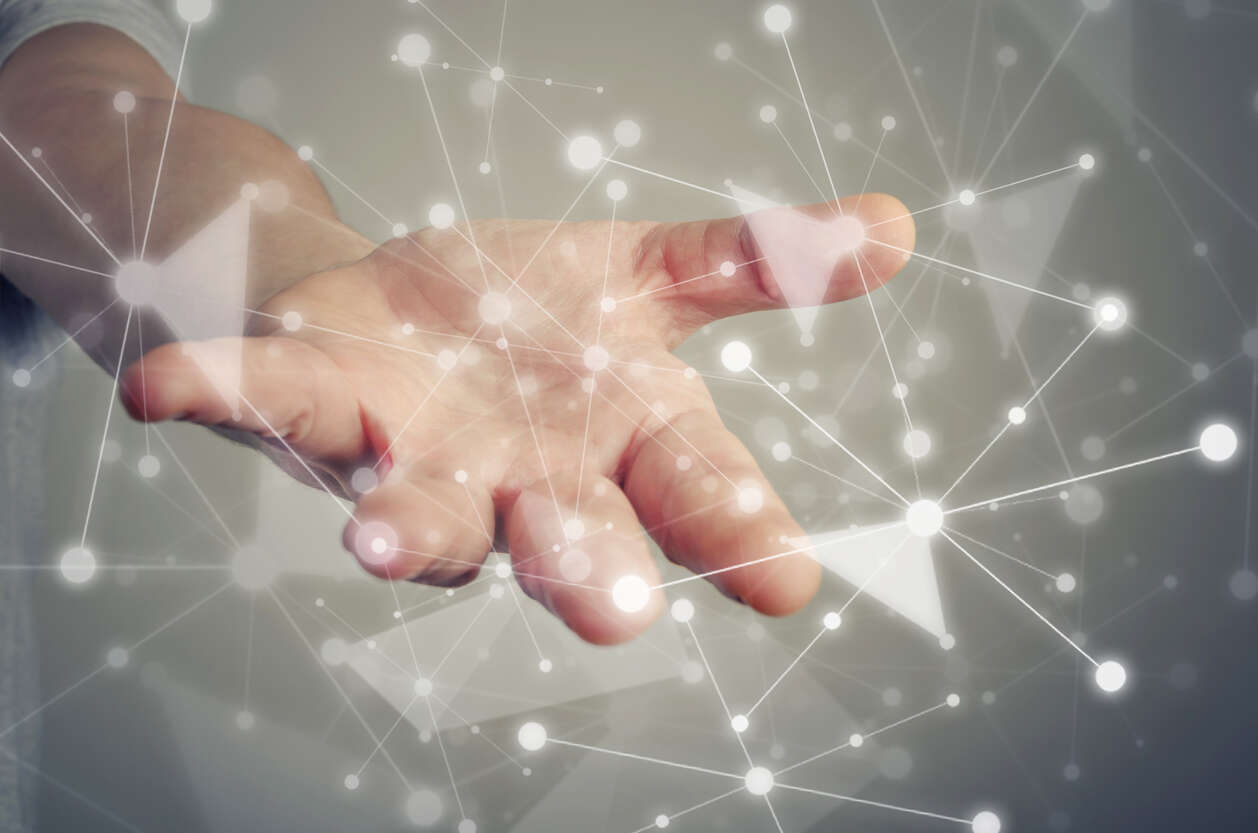
A digital identity, a mobile app and a token. And the fourth? A surprise.
Digital identity, more or less decentralised, is certainly one of the problems to be resolved for the development and spread of business models in Web 3.0.
The theoretical problem is well clear, however, the main obstacle lies in diffusion and in triggering a sufficient network effect through easy usability. This should be helped by the mobile app that will allow to exchange some, not many, digital currencies in addition to the token that should incentivise use in various ways and allow for somewhat decentralised governance.
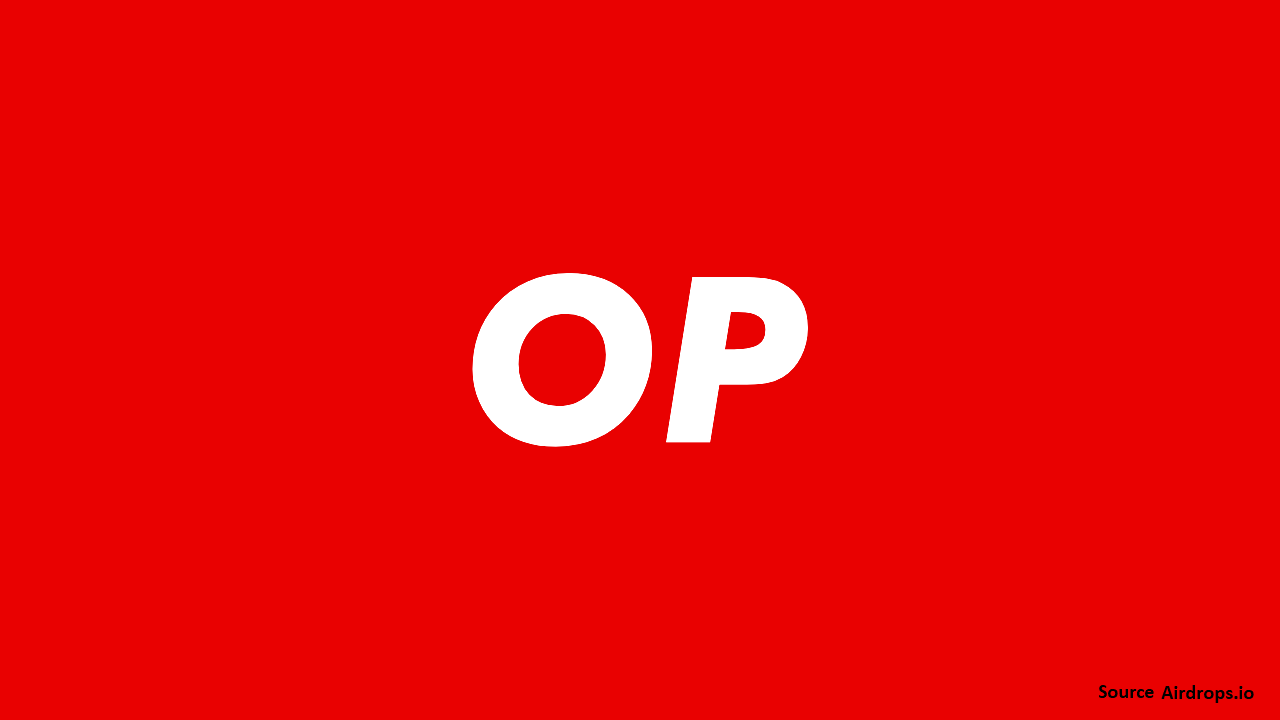
A DAO concept is emerging which to date is not manifest in the founders' plans but reinforced by the planned migration which intends to replace Polygon with Optimism's blockchain as the base blockchain (you can find the previous article by clicking here).
So far, a great project with great resources, but the final surprise lies in the identity verification system; a user will be able to obtain verification of their Worldcoin ID only through Worldcoin operators using a device known as the Orb (see photo below).
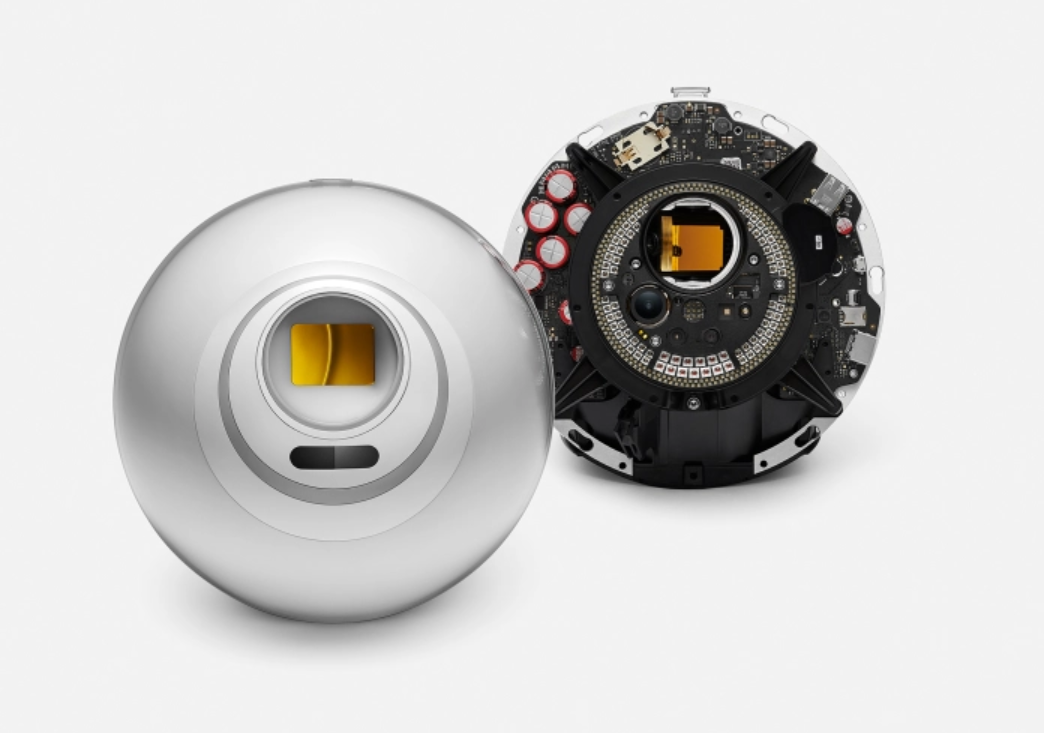
The Orb should be an iris verification device based on biometric concepts, starting with the observation that the iris is extremely difficult to falsify.
It is a simple object, but if it can provide security, it could become the key differentiator as a reliable method of verifying identity.
But will a little ball peering into our eyes actually be the future of decentralised digital identification?
It might sound like an image from a science fiction film like Star Wars, but in reality, we should reflect on the fact that we read books on plastic devices, watch videos on screens the size of cigarette packets and move around with avatars within the metaverse.
